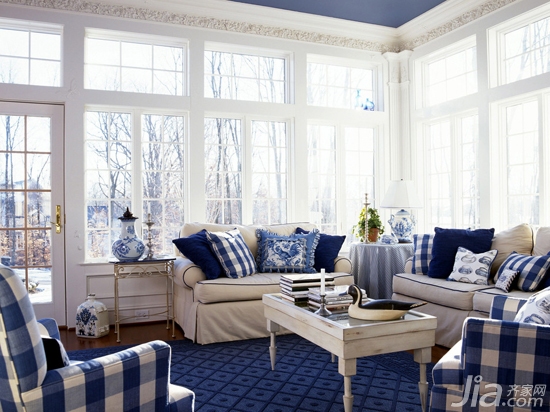Material Selection When it comes to material selection for residential decoration, it's essential to prioritize environmentally friendly and safe options. Natural stone of Class A is recommended for use, while Class C natural stone should be strictly avoided due to its higher levels of harmful substances. For artificial wood products, only those classified as E1 are acceptable, and E3-grade materials must not be used at all. These classifications ensure that the materials meet strict indoor air quality standards. It's also important to avoid using certain types of interior wall paints, such as polyvinyl alcohol water glass paint (commonly known as 106 paint) and polyvinyl formaldehyde interior wall paint (such as 107 or 803 paint), as they can release harmful volatile organic compounds (VOCs). Similarly, polyvinyl formaldehyde adhesive (often referred to as 107 glue) should never be used for wallpaper installation, as it can emit formaldehyde over time. Wood flooring and other wooden materials must not be treated with asphalt-basedé˜²è… and moisture-resistant agents. Any flame retardants used should not contain volatile ammonia components, which can negatively impact indoor air quality. When installing plastic floors, solvent-based adhesives should be avoided, and urea-formaldehyde foams must not be used as insulation or sound-absorbing materials due to their potential to release formaldehyde. Construction Requirements During the construction phase, it's crucial to avoid the use of benzene and its derivatives (including industrial benzene, petroleum benzene, and heavy benzene) as solvents or thinners in any renovation work. Additionally, benzene, toluene, xylene, and gasoline should not be used to clean oil or remove old paint, as these substances can severely pollute the indoor environment. After using paints, adhesives, treatment agents, or thinners, it's important to store them properly and dispose of any waste immediately. Never use solvents to clean tools indoors, as this can lead to the accumulation of harmful fumes. When working with artificial wood panels, except for core boards that meet E1 standards, all edges and joints should be sealed to prevent the release of formaldehyde. This step is critical in reducing indoor pollution from composite wood products. Proper ventilation is one of the most effective ways to improve indoor air quality after renovation. Opening windows and doors allows harmful pollutants like formaldehyde and VOCs to dissipate more quickly. However, it’s not advisable to fully open all windows and doors during the initial stages, as this can cause freshly painted surfaces to dry too quickly, leading to cracks and uneven finishes. In conclusion, choosing the right materials and following proper construction practices are key to ensuring a safe and healthy living environment. Always prioritize eco-friendly options and maintain good ventilation throughout the renovation process. With careful planning and attention to detail, you can create a beautiful and environmentally responsible home. Environmental protection, new home testing, eco-friendly decoration, interior paint, residential renovation, glass door Australia Toilet,small swim spa,swim tub,above ground swim spa,swim spa hot tub combo Guangzhou Aijingsi Sanitary Products Co.,Ltd , https://www.infinityedgehottub.com